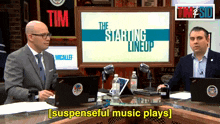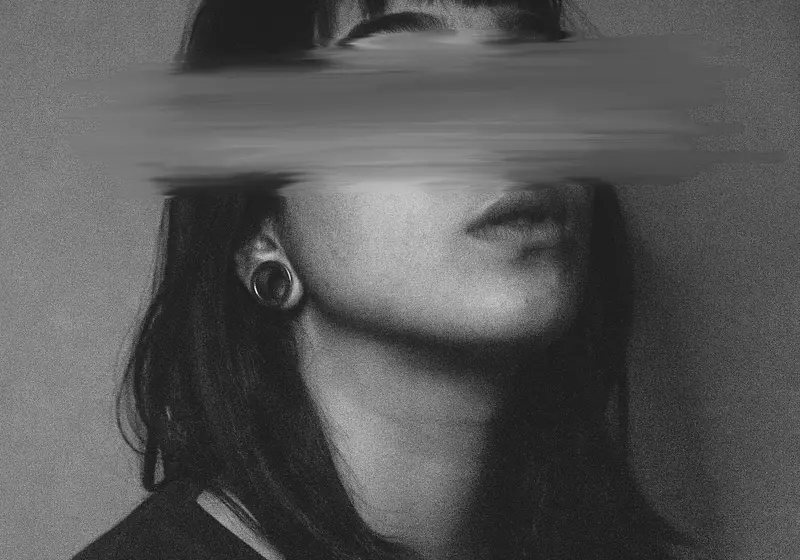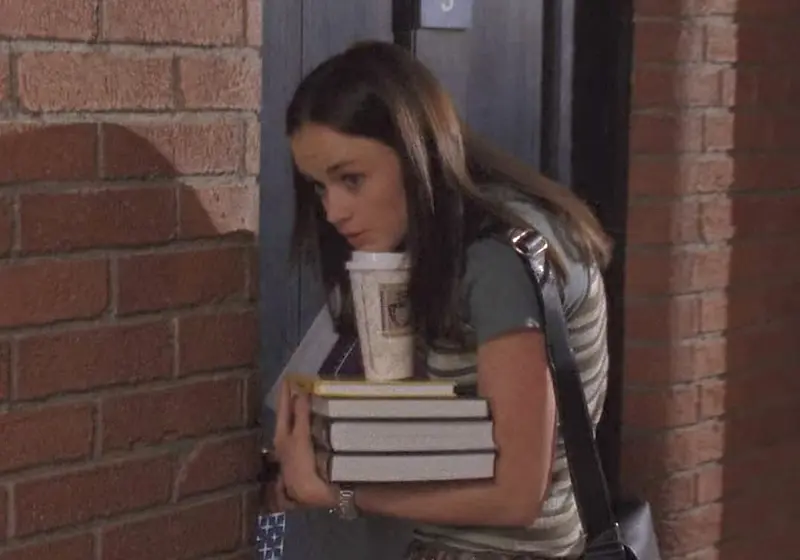“Reality exists in the human mind, and nowhere else.”
But what happens when your reality never was?
‘Big Brother is Watching You.” The one sentence that sums up the novel Nineteen Eighty-Four (also written as 1984) by George Orwell. It sounds like a weird and confusing thing to say, absurd even. But it is not a phrase to be taken lightly or to be brushed off.
This one phrase sums up the whole concept of a dystopian society. It is not about one’s biological brother. It is about the ones in power.
The ones who control society. A society where you can't speak anymore. One where love is considered obscene.
A place filled with robots that look just like humans but have nothing humane in them. A world where Big Brother is watching you, all the time.

Photo by Pexels
But what is a dystopia?
“Who controls the past controls the future. Who controls the present controls the past.”- Nineteen Eighty-Four, George Orwell
In the words of the Oxford dictionary, a dystopia is an imagined state or society in which there is great suffering or injustice, typically one that is totalitarian or post-apocalyptic. But while that might be the textbook definition of a dystopia, it is not completely true. Dystopias are not always imagined.
They can exist in real life, and there have been actual dystopias in the past, and can also be found in the present. Dystopian fiction written with a preceptive message is usually based on themes like people struggling with an oppressive, totalitarian government, thought control, isolation, loss of individuality, advanced technology controlling society, or good vs evil. These themes are not just fictional but are becoming real at some level in many countries around the globe.

Photo by Pexels
Well, it doesn’t seem wrong to all.
Please saviour, saviour, show us
Hear me, I'm graphically yours
Someone to claim us, someone to follow
Someone to shame us, some brave Apollo
Someone to fool us, someone like you
We want you Big Brother, Big Brother.
-Big Brother, David Bowie
The scary thought is that somebody’s dystopia could be someone else’s utopia, because in a dystopia, you feel as if everything is being done for your wellbeing. Dystopias are illusions of a perfect society. They are crafted in such a way that you could never figure that whatever is happening with you might be wrong.
That is why you believe it. You trust in everything the one in power says.
A dystopia feels like the worst place to live for people looking at it from the outside, but if you ask a person living there how they feel their life is, they will tell you it’s the most heavenly place one could ever wish to exist in. This is because people living in dystopias think in a distorted way. They don’t see things as we do.
They will never question what the people in power say. “Why?” is something they are not allowed to ask. They nod toward what they say. They echo what they say. They naively believe their words.
It is a terrifying thought to be like a puppet in someone’s hand, but those stuck in a dystopia are incapable of ever letting that thought come across their minds. They don’t belong to themselves. They belong to the power. Their every thought, their every move, their whole existence is fueled by propaganda.

Photo by Pexels
Maybe, fictional dystopias aren't just fictional?
“Nolite te bastardes carborundorum.” ― Margaret Atwood, The Handmaid's Tale
Dystopian fiction is contained within the umbrella category of speculative fiction, which makes up of genres with elements that are usually considered to be a concoction of lies. Speculative fiction also includes genres like utopian fiction, horror, science fiction, fantasy, supernatural/superhero fiction, and alternate history.
But dystopian fiction is probably the only type of speculative fiction that has come true, in some sense. Actual, full-blown dystopias might be fictional, but real-life governments can be “dystopian”- their decisions can sometimes be similar to the way things are done in fictional dystopias.

Photo by Pexels
How to use fiction to judge the imperfection
“Freedom is the freedom to say that two plus two make four. If that is granted, all else follows.”- Nineteen Eighty-Four, George Orwell
While no government is perfect, some governments are better than others in caring for their citizens. Dystopian novels and stories are cautionary tales that can be used to check whether a government is doing a good or bad thing. To define a dystopia, one must first define the attributes of democratic ascendancy.
Good governance is based on the principles of democracy. A good government does not achieve its purpose by using force or threats on its citizens. There are constitutional and judicial measures to keep the power of the rulers in check, as well as establish the duties of the populace being ruled. A functional democracy is characterised by the need for a government that also allows space for scepticism of the person or body that has the ultimate power.

Photo by Pexels
Even a crisis can be lucrative for those in power
“We lived, as usual by ignoring. Ignoring isn't the same as ignorance, you have to work at it.” ― Margaret Atwood, The Handmaid’s Tale
Margaret Atwood’s “The Handmaid’s Tale” depicts a world in which degradation of the environment has led to infertility and fertile women are being made to bear children, forced into subordination by men. This so-called “medical crisis” is the ostensible reason for suspending the Constitution in the book. In real life, too, a major crisis can be used as a façade for curtailing democracy and freedoms.
The ironic thing is that once you are in a dystopia, you won’t even realise that your rights are being taken away. Your dreams are barely there like their mortality seems to be. Living like this is just another way to die.
If the populace of a country lets a crisis facilitate oligarchical backsliding, soon they own nothing in the world, not even themselves. But they are still happy, happy that they are owned by such good people. As Atwood said, “A rat in a maze is free to go anywhere, as long as it stays inside the maze,” and that is the case with dystopian societies. The people are extremely happy with their existence, but they are rats in a maze.

Photo by Pexels
Further Information
If you want to learn how to recognise a dystopia in real life, there is a ton of data written, sung, and analysed by people before us. To help you to educate yourself on prospective futures, here are some of my favourite books, videos songs and playlists from the vast world of dystopian fiction-
BOOKS:
1984 (Nineteen Eighty-Four)- George Orwell
Animal Farm- George Orwell
The Handmaid’s Tale- Margaret Atwood
The Time Machine- H. G. Wells
V for Vendetta- Alan Moore
Gulliver’s Travels- Jonathan Swift
We- Yevgeny Zamyatin
Fahrenheit 451- Ray Bradbury
The Iron Heel- Jack London
Brave New World by Aldous Huxley
Lord of the Flies by William Golding
MUSIC & PLAYLISTS:
https://open.spotify.com/embed/playlist/3udVbywPvbuWVqDiVmSfPC?utm</a>
https://open.spotify.com/embed/playlist/6RslDowRRC90Jw2GGoa9Tb?utm</a>















.jpg)
